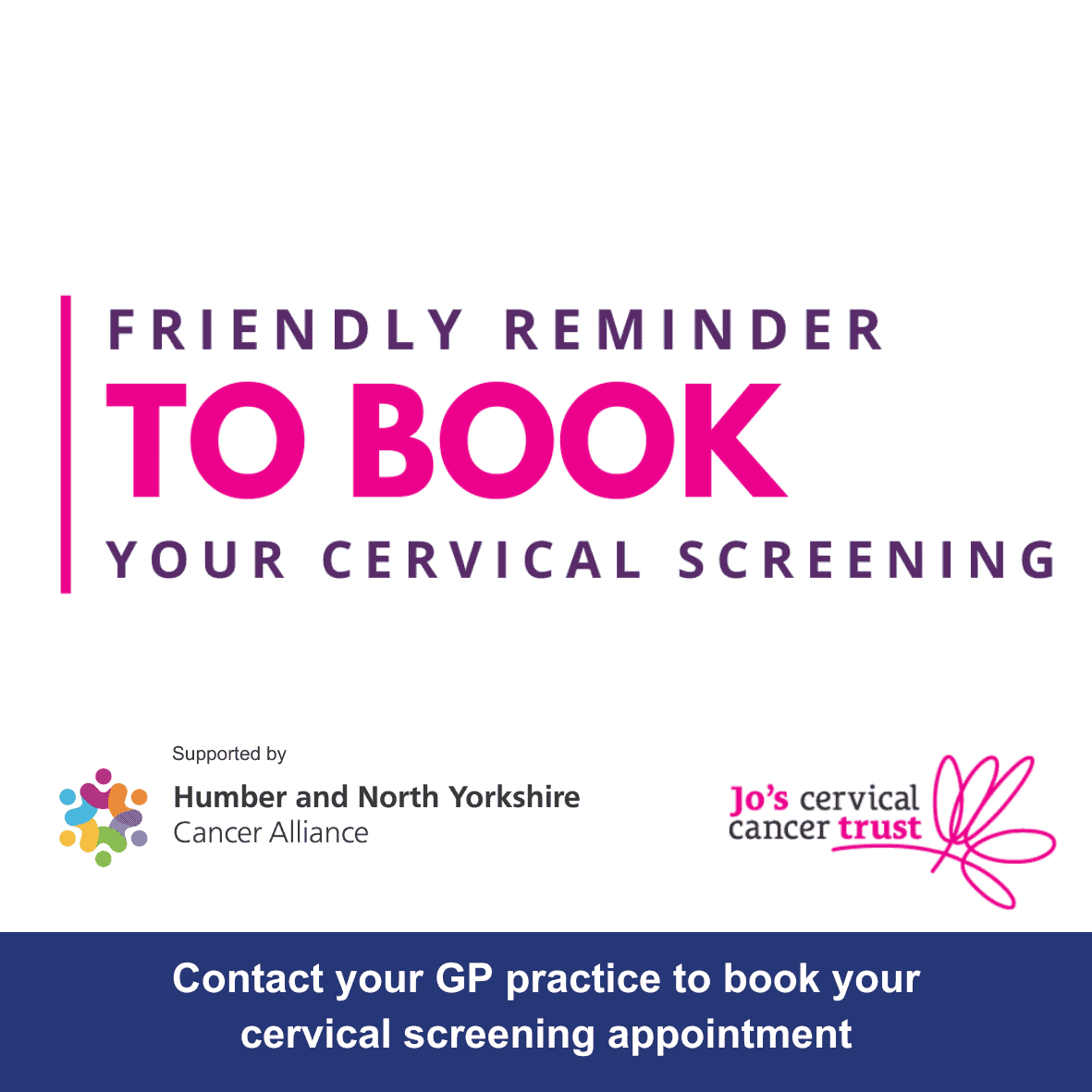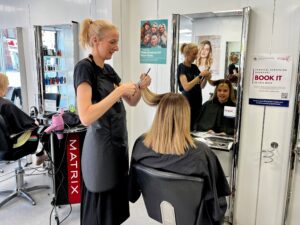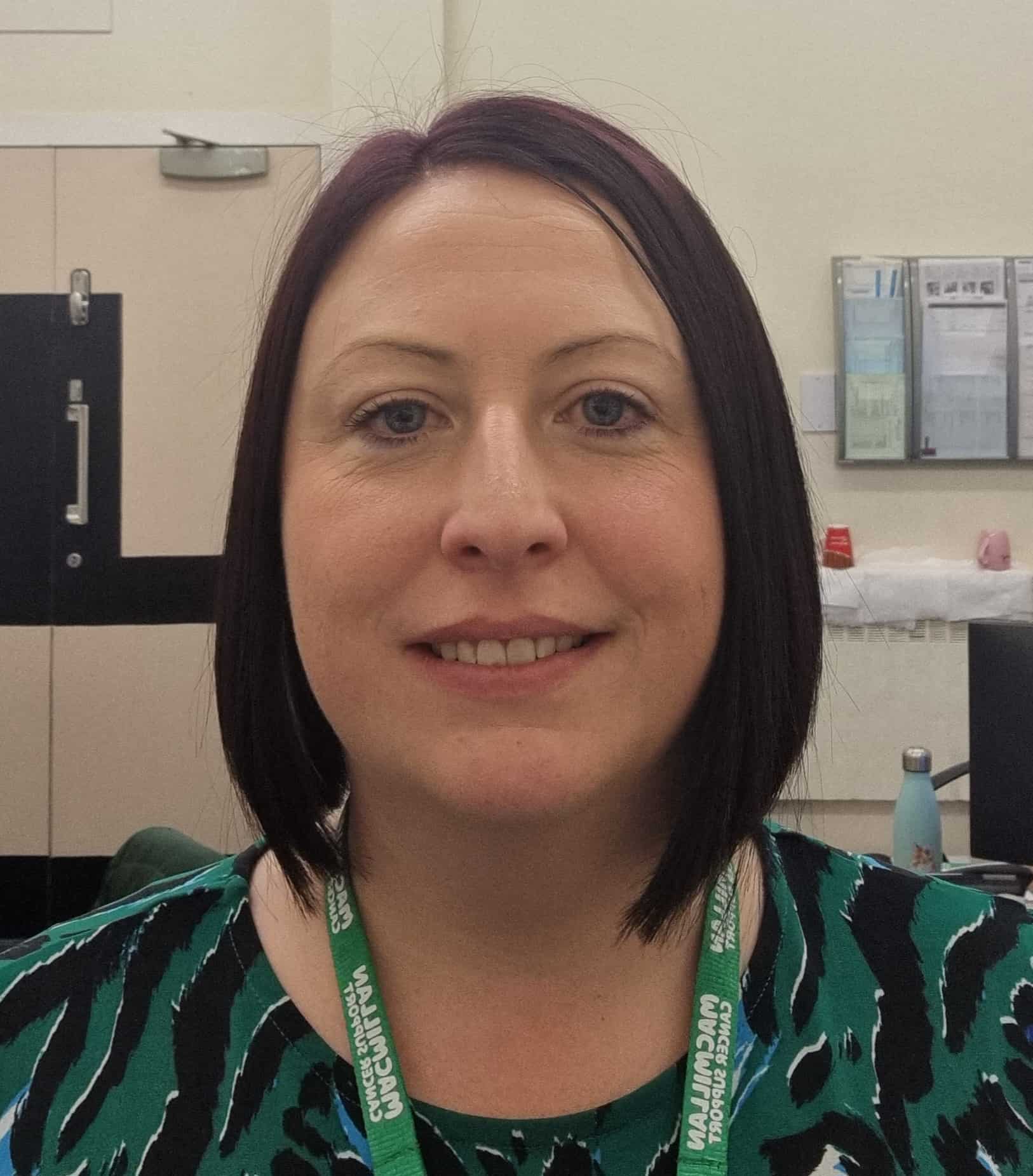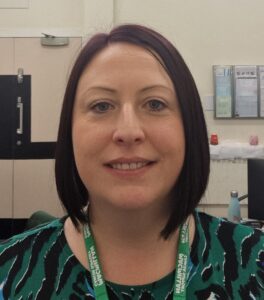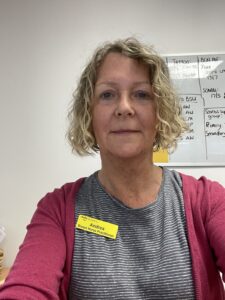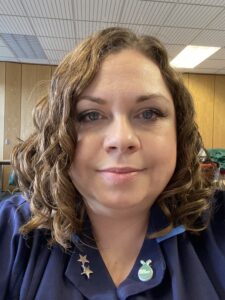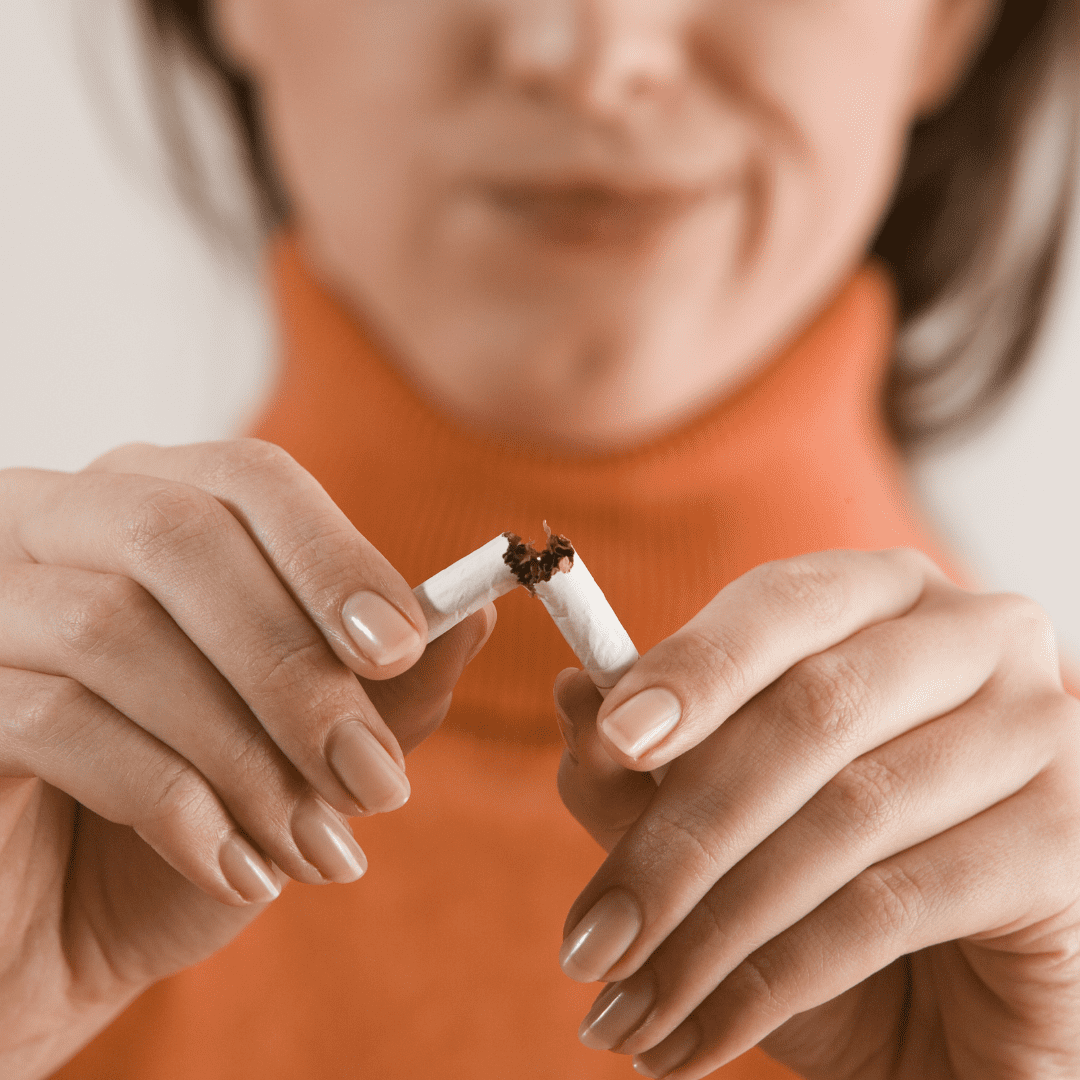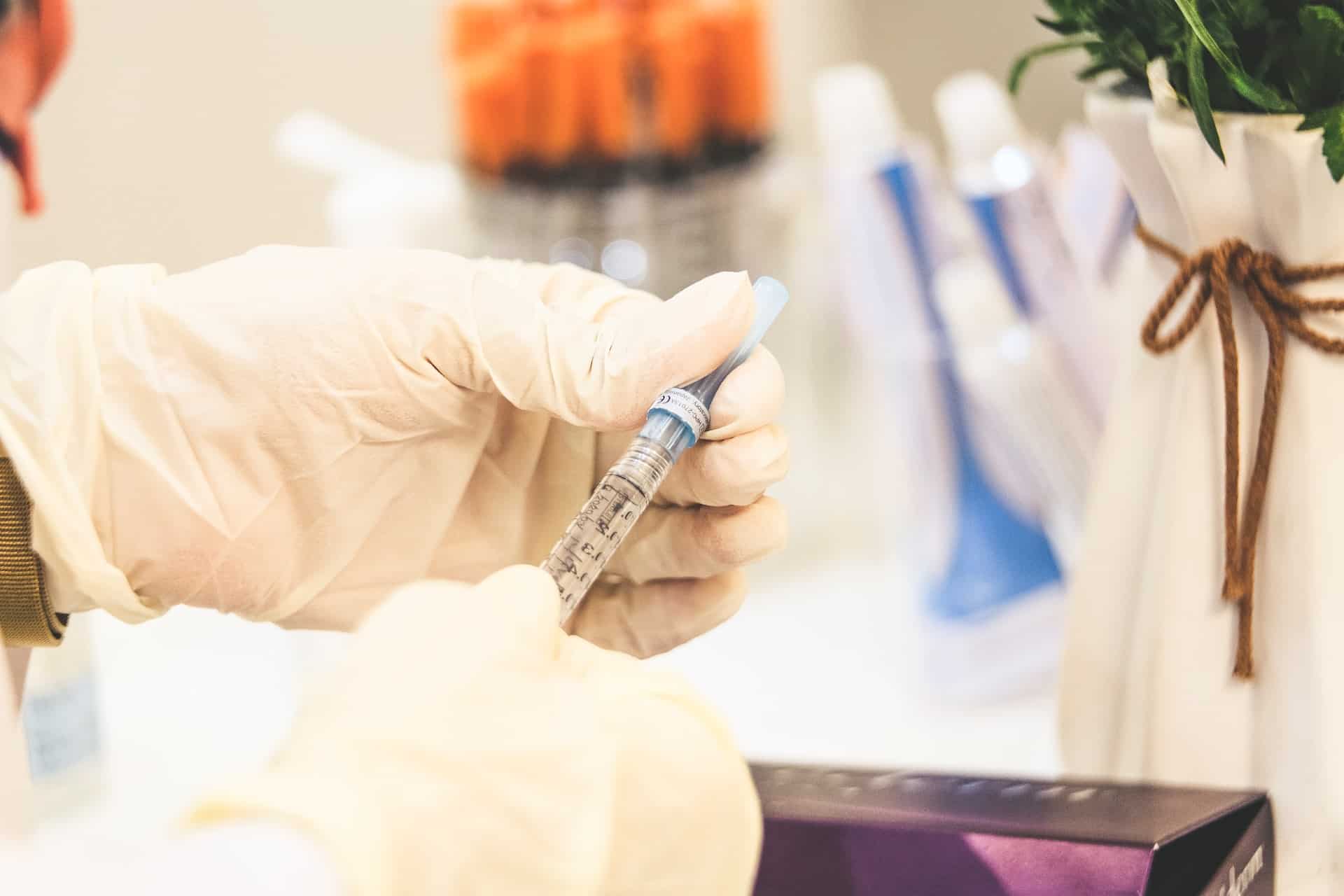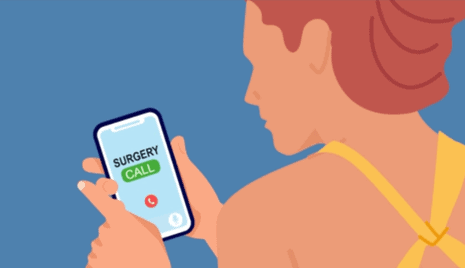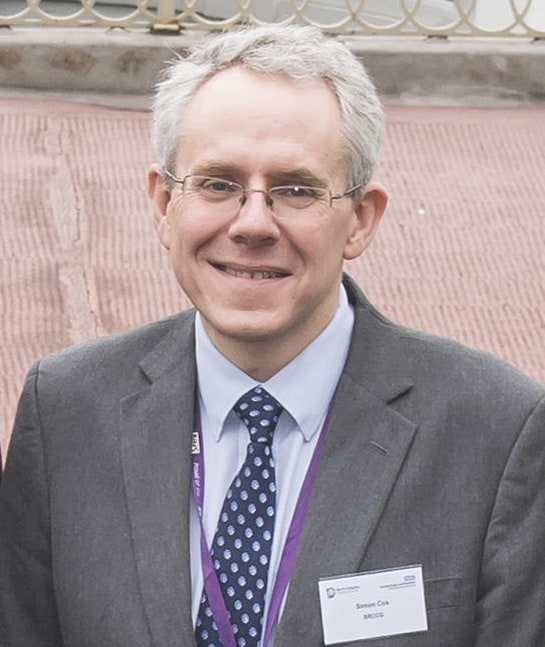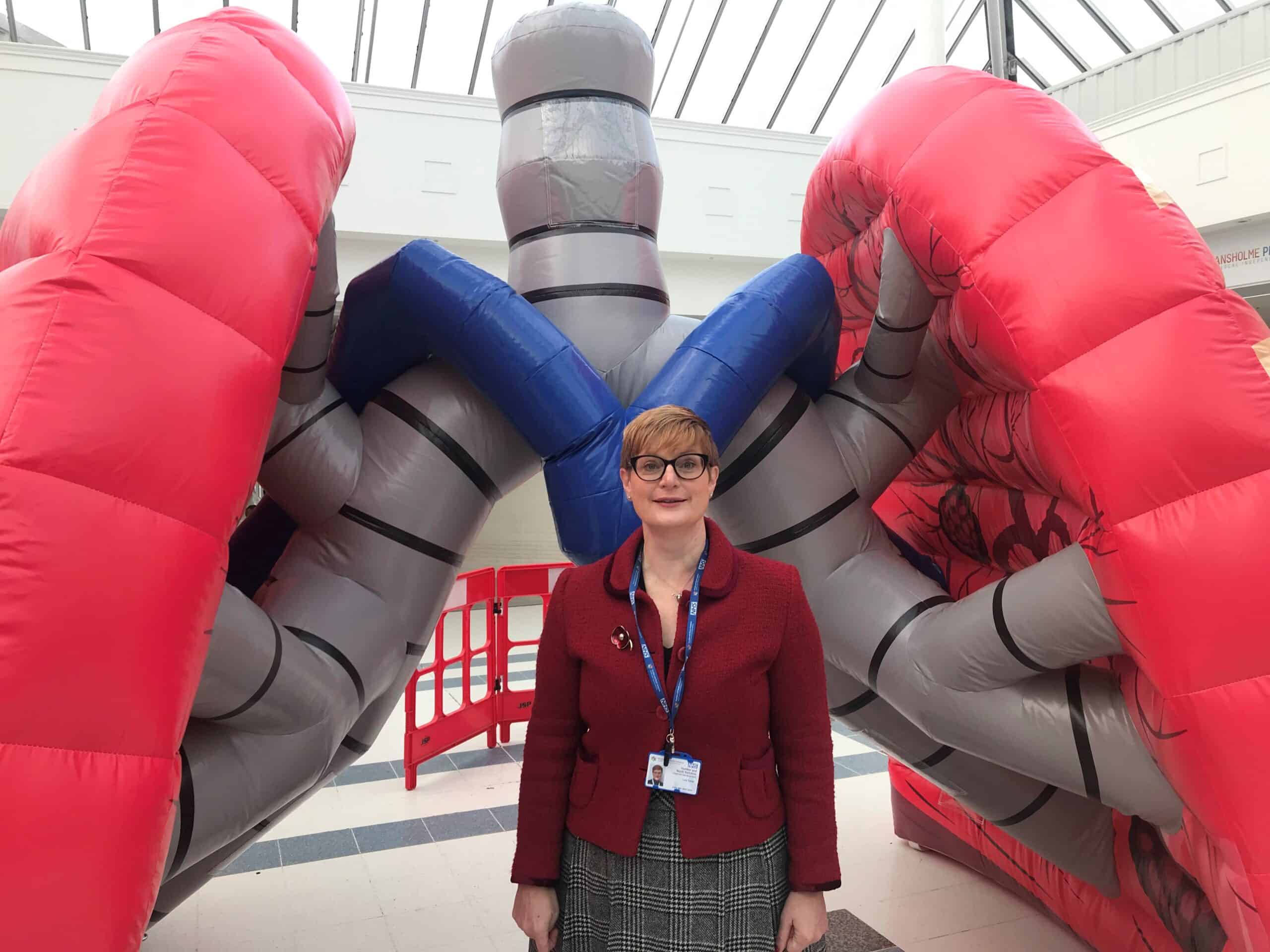
Members of the public in Hull, Grimsby, Scunthorpe, Selby and York are being encouraged to get to grips with lung cancer – literally – by Humber and North Yorkshire Cancer Alliance this November.
For Lung Cancer Awareness Month, the Cancer Alliance is taking a three-metre-tall inflatable lung on tour across the region to shopping centres and other community spaces to spark conversation and raise awareness of the signs and symptoms of lung cancer. Here’s where the lung will be.
| Friday, 8 November | Freeman Street Market, Grimsby | 10am-2pm |
| Wednesday, 13 November | North Point Shopping Centre, Hull | 10am-2pm |
| Monday, 18 November | The Summit, Selby (Cancer Café) | 10am-2pm |
| Tuesday, 26 November | The Ironstone Centre, Scunthorpe | 10am-1pm |
| Friday, 29 November | Monks Cross Shopping Park, York | 10am-2pm |
Lung cancer is the third most common cancer in the UK. Around 18,600 men and 16,100 women die from lung cancer in the UK every year, making it the biggest cancer killer in the UK.
The majority of lung cancer diagnosis cases happen between the ages of 70 and 74, but cases rise rapidly from 55 onwards. Lung cancer is rare in people under 40. 79% of lung cancer cases are preventable, and 72% are caused by smoking.
Early detection of lung cancer is key. People diagnosed with the disease in its earliest stages are nearly 20 times more likely to survive for five years than those whose cancer is caught late.
Unfortunately, seven in 10 cancer patients are being diagnosed too late – often because there are no signs or symptoms during the early stages of the disease.
Dr Stuart Baugh, Clinical Programme Director for the NHS Targeted Lung Health Check programme in Humber and North Yorkshire, said: “The large inflatable lung is a great tool for helping people to understand how the lungs work, what lung cancer is, and how it looks inside the body.
“There’s no doubt it’ll turn heads this November, but we hope it will also get people thinking about lung cancer and help encourage contact with a GP if someone thinks they may be showing signs or symptoms.”
Dr Marcia Pathak, a GP from Raj Medical Centre in Grimsby, urges people to take note of the six signs of lung cancer.
She said: “If you’ve had a cough for three weeks or more, please see a GP – especially if you also have one or more of the following symptoms as well:
- fatigue
- shortness of breath
- chest pain
- weight loss
- appetite loss
“Often, people struggle on with a cough, thinking it’s a cold, flu or COVID-19. But if it’s been three weeks, don’t sit on that symptom, or any other changes causing concern.”
Retired nurse Sue Woodward, 73, from York, North Yorkshire, was diagnosed with lung cancer in 2022 – but her symptom was unusual.
“I didn’t understand why, at 71, having long since gone through the menopause, I was waking up with night sweats, so I decided to see my GP,” she said.
“Luckily, they were sympathetic and referred me to York Hospital on the variable symptoms’ pathway. The hospital arranged a CT scan, and in April 22 following biopsy they identified a tumour in my right lung, which had spread to other nodes in my central chest area.
“The tumour was removed from the lung, but cancer remained in my central chest area. But here I am in 2024, having had amazing support and treatment, and at my last scan, nothing was showing at all!
“It just shows that even though there are traditional symptoms for lung cancer, it can also become apparent in less obvious ways. I consider myself highly lucky. Please, if you notice any differences to your body, don’t wait, because it might be too late otherwise.”
Lung cancer awareness will be spread far and wide across the region at engagement sessions – and across the Cancer Alliance’s social media channels too. Follow the Cancer Alliance on Facebook and X (formerly Twitter) to help share their messages.
If you or a loved one needs information on, or support for lung cancer, visit the Cancer Alliance website to be signposted to local lung cancer support groups.
You can also help the Cancer Alliance by completing surveys on cancer experience of care, and attitudes to cancer.
Visit the Cancer Alliance’s Lung Cancer Awareness Month page to find out more.

